From Stuck in the Past to Industry 4.0 Powerhouse: How SAP's S/4HANA Transforms Manufacturing Today
About the Interview
It might be challenging for certain organizations to embrace industry 4.0 and see its genuine benefits, since they may believe that staying in the past would be more cost-effective or convenient. It’s critical to comprehend the actual relevance of Industry 4.0 and the supporting technologies when discussing SAP’s place in the rapidly changing manufacturing digitalization environment. In this second part of our interview, we talk with Alan Roy, Senior Account Executive at D4M, to better understand how embracing certain technologies can revolutionize manufacturing operations.
Since Industry 4.0 focuses on getting access to data in real-time and the technology required to leverage that data, Alan delves into how SAP, particularly the S/4HANA platform, plays a critical role in this transformation by enhancing real-time data accessibility and decision-making processes. He explains how S/4HANA enhances real-time data accessibility and decision-making processes, positioning it as arguably the best tool for supporting this data-driven approach. Alan also emphasizes D4M’s expertise in SAP, highlighting how the company supports organizations in their Industry 4.0 journey by helping them achieve their goals with these technologies.
As Alan notes, “In 1990, 25% of operations in a factory were automated; today, it’s 75%.” Companies are increasingly focused on understanding the solid benefits of Industry 4.0 and, more importantly, achieving the goals it promises. D4M can assist in various ways, such as analyzing and assessing your data objectives, ensuring that the process of developing a roadmap and understanding the potential benefits is efficient. This approach helps you move more swiftly toward becoming a world-class Industry 4.0 manufacturer.






